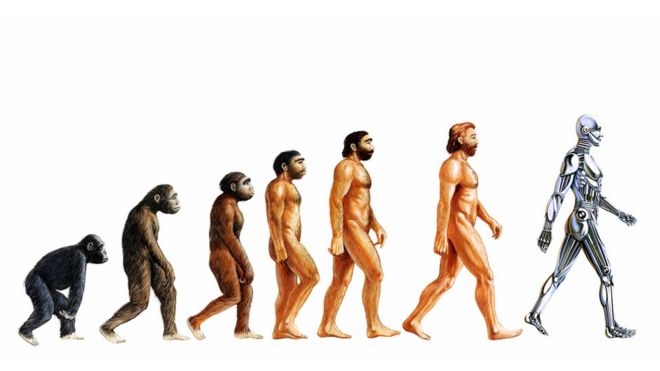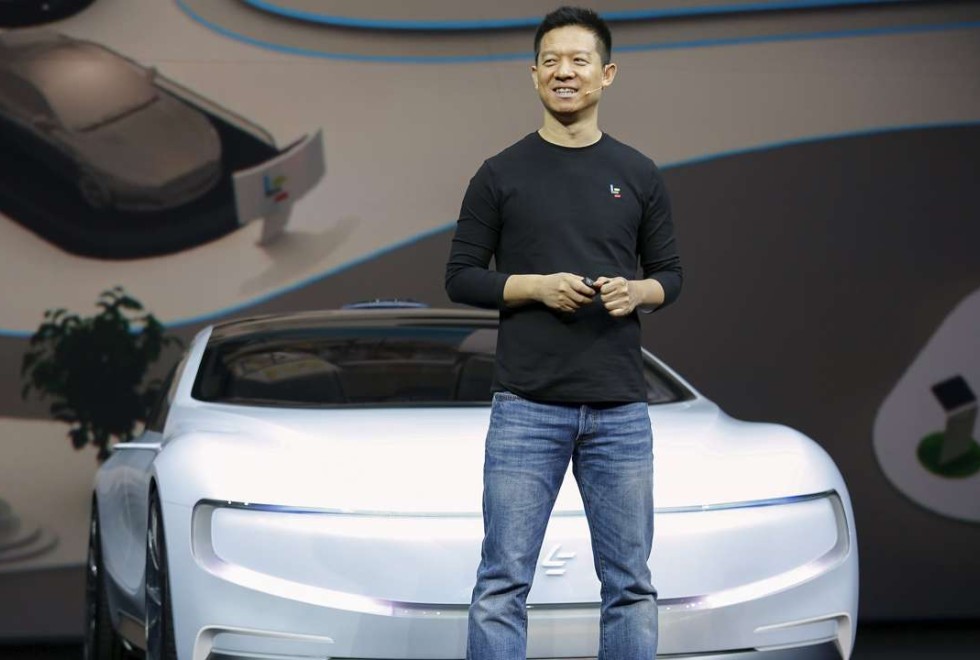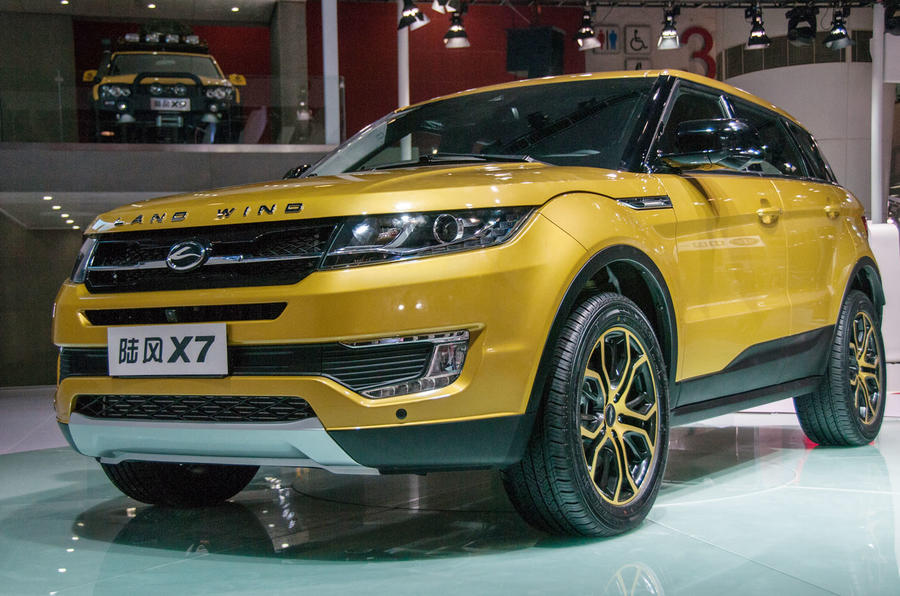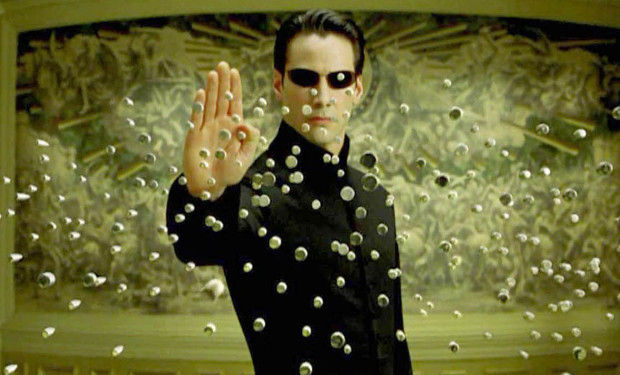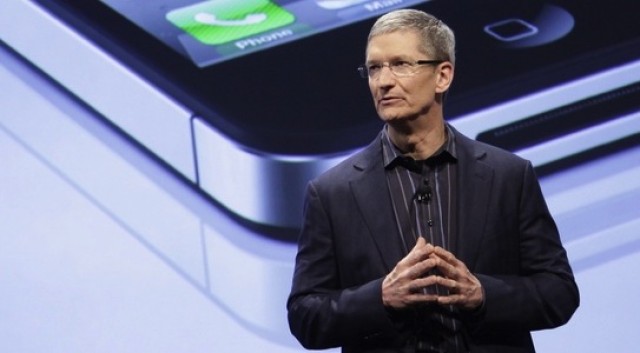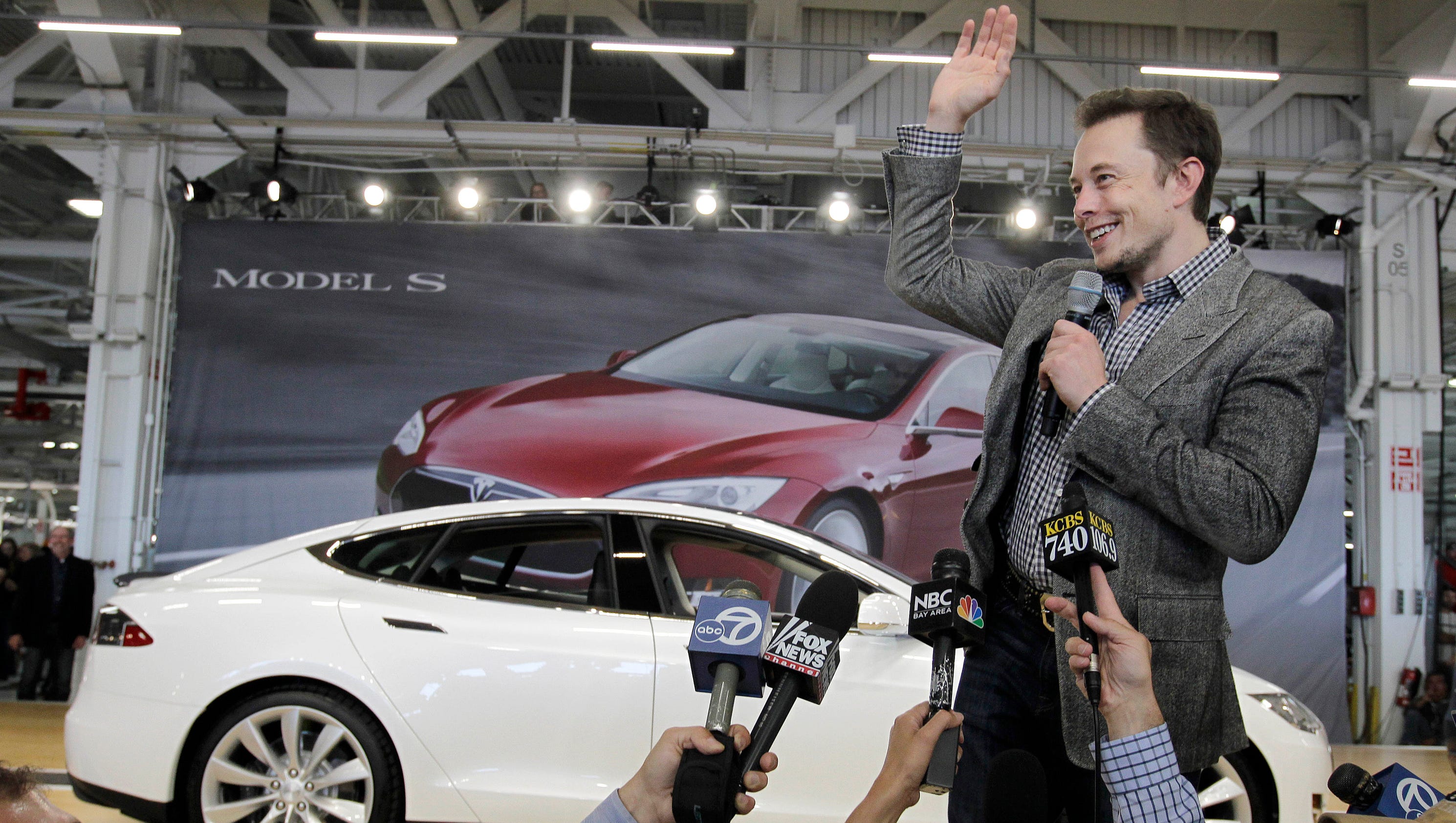I sat in an IT meeting one day with some of my colleagues, during which one of them claimed that Apple was planning to phase out the laptop computer in place of ever-powerful tablet computers. It's a strange thing to think about: that device you've used for the last 15 years suddenly and slowly being phased out. Back in the days of laptop glory, many of us would be hard-pressed to think of anything other than working on a laptop--that was before Steve Jobs stunned the tech world with the iPhone and then, in spite of it being the model upon which the iPhone was built, the iPad. (I love the story of the advent of the iPhone: Steve Jobs stormed into Apple HQ and threw his phone on the table--"This thing is crap! We've gotta design a better solution to this--I can't bare to use it another day!" Title of story: How discomfort is the mother of innovation.)
 Google made headlines today when its CEO Sundar Pichai claimed that mobile devices would soon be phased out, replaced by some kind of artificial intelligence that would organize one's life. Sundar was referring to the shareholder's letter written yearly by Sergey and Larry. The letter, posted up Google's Blogger site, starts off with a window back in time when in 1998 Larry and Sergey began Google search 30 million people were using the Internet. Today, the number is 3 billion. And in those days it was a laptop-driven world--the laptop was the symbol for information mobility, until the mobile device that created the conditions for Google search to absolutely serge, as the billions coming online placed greater demands for finger-tip control of information. As Larry and Sergey note:
Google made headlines today when its CEO Sundar Pichai claimed that mobile devices would soon be phased out, replaced by some kind of artificial intelligence that would organize one's life. Sundar was referring to the shareholder's letter written yearly by Sergey and Larry. The letter, posted up Google's Blogger site, starts off with a window back in time when in 1998 Larry and Sergey began Google search 30 million people were using the Internet. Today, the number is 3 billion. And in those days it was a laptop-driven world--the laptop was the symbol for information mobility, until the mobile device that created the conditions for Google search to absolutely serge, as the billions coming online placed greater demands for finger-tip control of information. As Larry and Sergey note:
The mobile phone really has become the remote control for our daily lives, and we’re communicating, consuming, educating, and entertaining ourselves, on our phones, in ways unimaginable just a few years ago.
But it's not stopping there, for this year alone people will be taking more than 1 trillion photos and uploading them onto some kind of cloud system. As well, there will be continued demand for maps that provide myriad metadata not just about location, but when the best time will be to go to place X. Technological demand is driving this surge of information facilitation that Google is known for. Indeed, Larry and Sergey--and many others who are futuristic in thinking--see a day when screens will fade out:
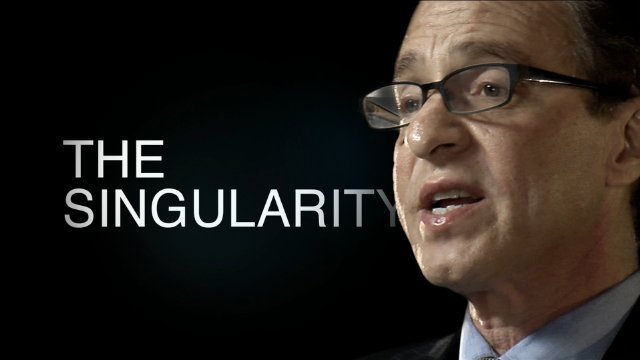 Looking to the future, the next big step will be for the very concept of the “device” to fade away. Over time, the computer itself—whatever its form factor—will be an intelligent assistant helping you through your day. We will move from mobile first to an AI first world.
Looking to the future, the next big step will be for the very concept of the “device” to fade away. Over time, the computer itself—whatever its form factor—will be an intelligent assistant helping you through your day. We will move from mobile first to an AI first world.
Google isn't the only company investing in the development of AI. For instance, according to Bloomberg, Toyota is going to invest $1Billion to create an AI research institute that will focus on AI and robot technology. Elon Musk and Venture Capitalist Pieter Thiel have have launched OpenAI for which they've secured "at least $1Billion." And Mark Zuckerberg's goal for 2016 is to build a simple AI that will run his household for him and help him do his work. Indeed, the kinds of things some technologists claimed would not be possible for AI 5 years ago have already been accomplished. We are in a time of transition from computer devices to Artificial Intelligence, whether we're ready for it or not.
Is having some kind of AI manage your home and work a sign of greater freedom or one of greater subservience to technology? Already, since the mobile phone has taken over the desk-top telephone (the landline), we are more connected than ever, and thus more on-call than ever. Perhaps this is what Zuckerberg wants from the AI--to foist all his chores on it so he can free up head space to do other things. But is it a freeing up of headspace or just another burden? Already I feel my devices have taken over my life. I'm more wired up than ever, and I consider myself to be a bit of a Luddite.
Having an AI hang out with you like a personal assistant handling all your stuff could become annoying, like that cling-on you want to ditch but can't; like someone who knows all your whereabouts and goings on, and thus to whom you are fully indebted--imagine the power this AI eventually will have?
Already it's claimed that there's enough data on your laptop to clone you. How much will an AI have? And don't think fro a minute the AI will stagnate in its knowledge and ability; for while you're growing more cognitively lazy--how many of you can ream off your friend's phone numbers, or even your own, without checking your phone first?--your AI will be gaining intelligence at an exponential rate that will ultimately surpass your intelligence. Remember the words from Bill Gates himself that graced the front cover of Ray Kurzweil's The Singularity is Near? To paraphrase, he said either we enhance our intelligence through technological interviention or we will be over come by artificial intelligence.
You might think I'm out to lunch. You might think I need to dawn my aluminum hat and join a Mennonite village somewhere and push pens across paper to the glow of candle light, but this is where it's all going; and Elon Musk and Stephen Hawking, and Bill Gates, and Ray Kurzweil know it, and that's why they're planning for it as the zeros and ones form neat little lines of text across this screen. We could be designing a greater culture of leisure or, in the words of Musk, "summoning the demon."
Elon Musk: We're summoning the demon
The Google founders are not stating anything new--those of us who follow these matters have seen the writing on the wall for some time. But that now we are in a time of transition to this new technology, those who want to be on the right side of change--in the words of Al Gore--will need to be asking themselves how these new technologies will be forcing changes on their lifestyle, business, and living.And already we're seeing this transition to a new technology disrupting the social order: McDonald's announced it will be cutting back cashier jobs as they roll out self-serve kiosks. Even high-risk investors are looking to AI to offer them the best financial advice--in the words of one AI hedge-fund start-up CEO Ben Goertzel, "If we all die, it would keep trading."
What are the risks? What are the opportunities? What do I need to be prepared for? Am I willing to accept this technology? Do I have a choice? These are questions people like Musk and Page and Brin are asking; they're the questions that are driving elite think tanks like the World Economic Forum and Singularity University; they're the questions that those who are running these technologies have been asking for the last 25 years through their scenario planning and long-range forecasting.
To many, such questions have been the stuff of science fiction; but now we are fully in transition, and the future is rushing at us faster than ever--well, the passing of objective time hasn't changed, but our orientation to it has as we've been driven more and more by machines; and there's no sign in sight of it ever slowing down.


